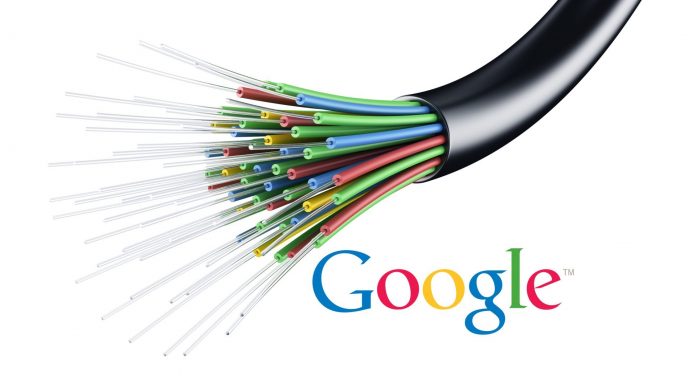
The internet branch of Google (NASDAQ: GOOGL) wants to cover a broader scope without any cable connections. The Alphabet internet service provider Google Fiber recently closed a deal to acquire the wireless company Webpass. Fiber stated that the subscribers of the two businesses wouldn’t be affected by the merger for the time being.
The Webpass acquisition move by Google Fiber represents the company’s latest efforts in pushing forward to become an industry leader. Recent initiatives by the ISP include the planned expansion of its fiber-optic cable networks to more U.S. cities and the beginning of tests for wireless connections in the 3.5 GHz band.
Google Fiber has also been a pioneer in propelling game-changing regulations to bring the internet in America to the next level. The company is looking into a broader adoption of higher frequency bands that provide a better short-range connection over the air. Other competing ISPs like AT&T and Verizon are also considering the new technology.

Google Fiber could adopt a point-to-point wireless model
The purchase of Webpass is not unannounced or coincidental. Alphabet’s ISP reported back in June that they were in talks with Webpass to acquire the company, noting a good disposition from both parties to reach an agreement.
Google Fiber President Dennis Kish reported back on Monday that the company had closed the deal with Webpass for an undisclosed amount. He also claimed that a minor division of the enterprise, Webpass Telecommunications LLC, would cease operations under the new agreement with the ISP.
Webpass as a service provider distinguishes itself from the competition for its network deployment. The business model they follow grants users with a wireless internet connection through point-to-point networks.

The company founded in 2003 currently sets up an antenna or a signal-receiving dish atop buildings or apartment complexes. Webpass subscribers then get a data jack installed into their offices or rooms to receive the signal on their personal spaces.
Under this same model, and perhaps even through Webpass itself once it has integrated deeper with the company, Google Fiber could provide wireless internet to users at higher speeds in the future.
“OF COURSE, AT GOOGLE FIBER WE’RE PARTICULARLY EXCITED ABOUT WEBPASS’ APPLICATIONS OF POINT-TO-POINT WIRELESS DEPLOYMENT METHODOLOGY,” said Dennis Kish. “OUR STRATEGY GOING FORWARD WILL BE A HYBRID APPROACH OF WIRELESS PLAYING AN INTEGRAL PART,” Kish added.
Source: Google Fiber










